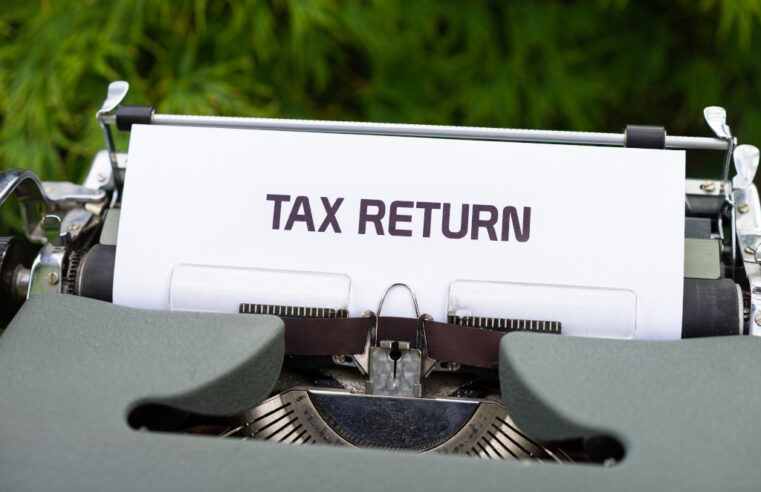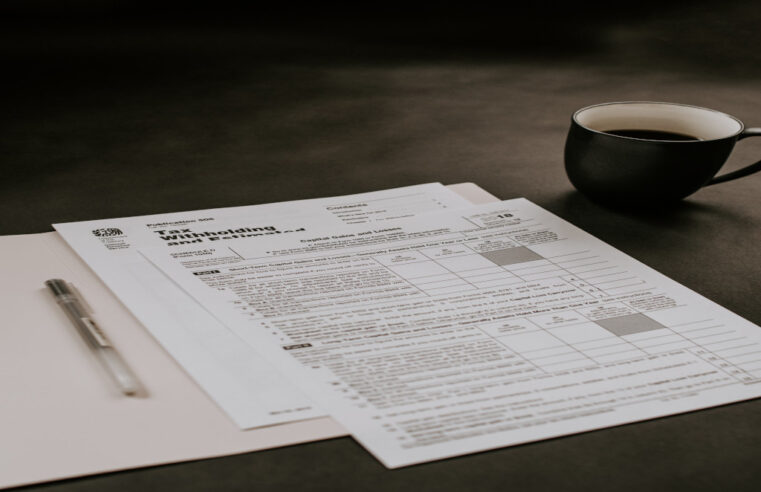Day: September 30, 2021
Writing as a Side Hustle: 3 Lawyers Who Have Made Publishing a Secondary Income
Many lawyers dream of pursuing writing as a side hustle. As these three lawyers show, there’s more than one way to make it work. Gone are the days when a law firm might only have a secondary income from a related business, such as a title company. Now, law firms and lawyers are moonlighting as business development consultants, app developers, coaches of all kinds, continuing education providers, and fiction and nonfiction authors. Talk about side hustles! And some are quite lucrative. Many lawyers have learned to harness the power behind their writing skills to build communities of like-minded individuals and reach a broader audience than those they serve every day. Why do they do it? There are myriad reasons. Primarily, a book is a lawyer’s way of standing out in the crowd. Given that thousands of people express a desire to write a book, yet only a small percentage actually follows through, becoming an author — even a self-published one — carries a certain amount of prestige. It also can help lawyers reach their target market, promote the collective experience within their firms, and position themselves as thought leaders. Three Paths to Writing as a Side Hustle Legal Publishing and Legal Apps With Greg Siskind Publishing books is a longtime side hustle for Greg Siskind of Siskind Susser PC in Memphis. He has either published or co-published several mainstream books through Thomson Reuters, the ABA and others. He even started his law firm using royalties he received from a popular publication he co-authored with a colleague. Siskind’s publishing house, Alan House Publishing, now has three immigration law books to its name, all co-authored by Siskind with colleagues in his firm. “A few years back, I saw the changes happening in the publishing industry and realized that an author could much
Read MoreA Sample draft of Franchise Agreement
FRANCHISE AGREEMENT SAMPLE DRAFT FRANCHISE-AGREEMENT FRANCHISE AGREEMENT THIS AGREEMENT (the “Agreement”) is made this ___day of ___, 20___, by and between: Burger Legal Private. Ltd., a company incorporated under the laws of India, whose office is at………………..; (hereinafter referred to as “the Franchisor”) AND Mr Rohit Pradhan, s/o Dayanand Pradhan, Resident of Patna, having its PAN Number ABCDEF. (hereinafter referred to as “the Franchisee”) The Franchiser and the Franchisee hereinafter collectively referred to as the “Parties” and individually as a “Party”. RECITAL WHEREAS: The Franchisor has developed methods for establishing, operating and promoting restaurant selling varieties of burger and fast-food products (“BURGER LEGAL Cafes” or “Cafes”) using the service mark “BURGER LEGAL” and related trade names and trademarks (“Marks”) and the Franchisor’s proprietary methods of doing business (the “Licensed MethodsThe Franchisor grants the right to others to develop and operate BURGER LEGAL Cafes, under the Marks and pursuant to the Licensed Methods.The Franchisee desires to establish a BURGER LEGAL Cafe at a location identified herein or to be later identified, and the Franchisor desires to grant the Franchisee the right to operate a BURGER LEGAL Cafe at such location under the terms and conditions which are contained in this Agreement.DEFINITIONS Commencement date shall be… Confidential information shallmean all information… Intellectual Property Rights shall include… Location shall mean the premises of the ABC Complex at Rohini, Delhi. Method shall mean the methods, techniques and processes developed by the Franchisor; Trademarks shall mean the names, trademarks and service marks owned by the Franchisor and include inter alia; Products shall mean, all varieties of Burgers, French Fries, Aerated drink and other eating items of the Franchisor bearing any of the Trademarks; Term shall mean the period fifteen years from the commencement date; Turnover shall mean gross revenue of the Franchisee’s store. GRANT OF
Read MoreSC admonished firecracker manufacturers for violating its orders
The Apex Court reprimanded ace firecracker manufacturers of India for using restricted chemicals like barium salts in the firecrackers. The bench considered this act of top six firecracker manufacturers as “flagrant violation” of its orders. In the instant case, the bench had been hearing an application which alleged that the firecracker manufacturers have violated the orders passed on February 10, 2017, which had banned the usage of certain chemicals. Their usage had been prohibited for the manufacture of firecrackers as the same were dangerous and beyond safety limits. The bench took into consideration the preliminary inquiry report which had been submitted by the Joint Director, Central Bureau of Investigation and recorded that its earlier orders on use of barium salts and labelling of firecrackers had not been complied with. The Additional Solicitor General, appearing for Ministry of Environment, Forests, and Climate Change, submitted before the bench that various research reports had been complied and mechanisms had been suggested to make sure that the earlier orders of Courts, w.r.t. the regulation of firecrackers, are complied with. However, the bench provided one last opportunity to the respondents to put forward their case and file their counter-affidavits in the case. Also, the bench pointed out that its direction for manufacture of green firecrackers had still not been implemented. The bench did not pass any fresh orders rather, directed the manufacturers to comply with its previous orders. The Supreme Court addressed the sufferings of general public and remarked that every-day celebration, which includes burning of firecrackers, could not be allowed as the consequences surge the sufferings of asthmatic people and children, and in some cases, it results in death of patients. The post SC admonished firecracker manufacturers for violating its orders appeared first on LexForti Legal News & Journal. Did you miss our previous
Read More







